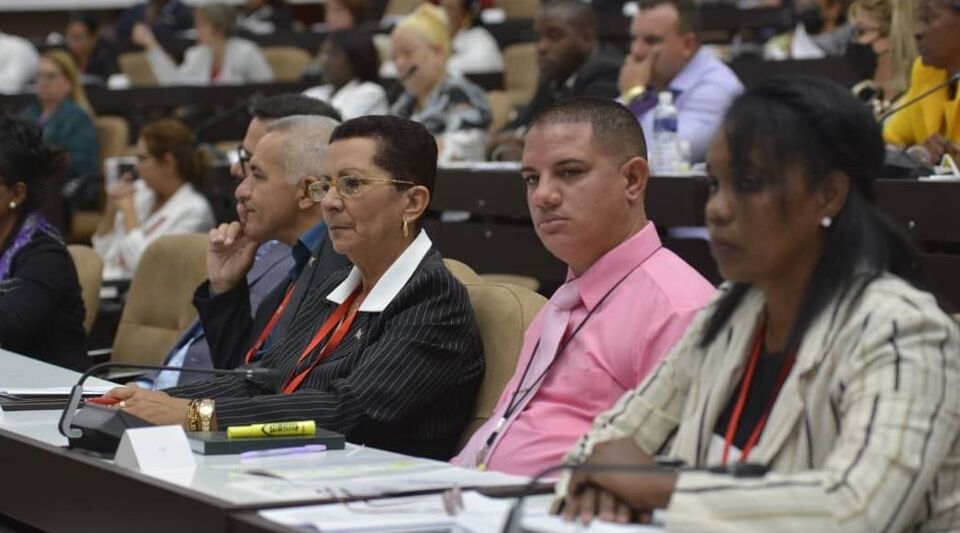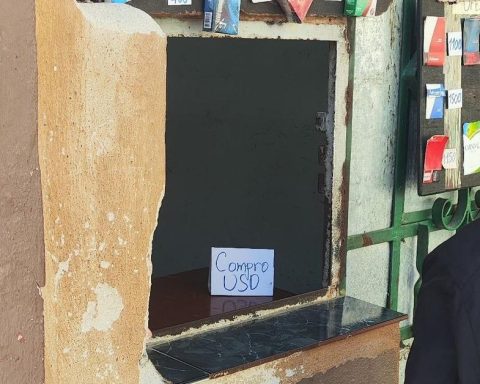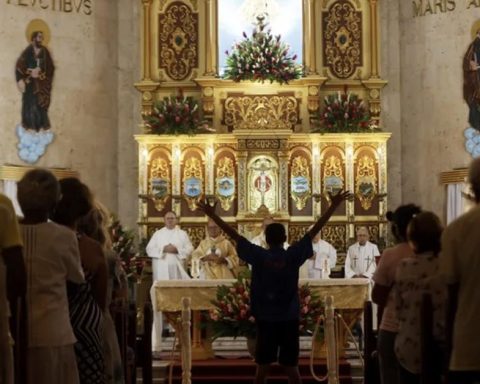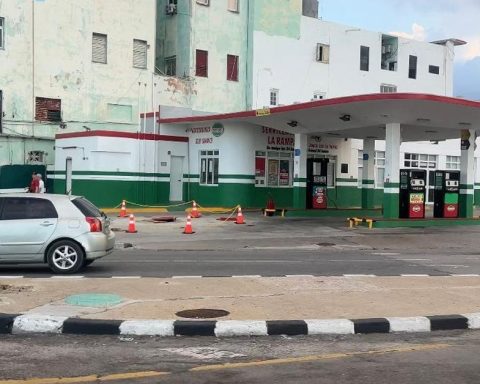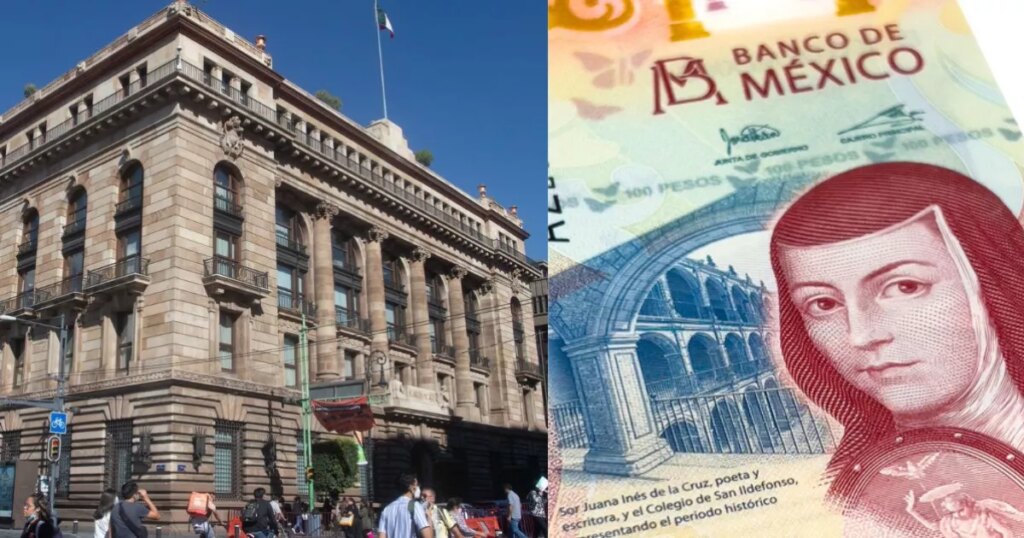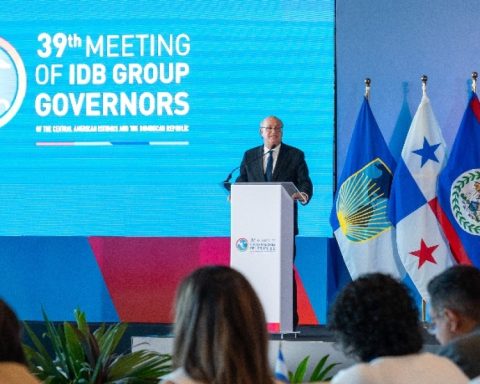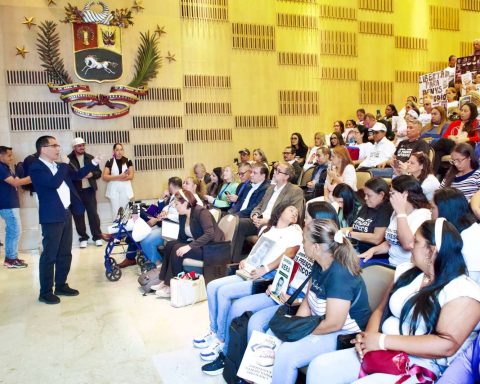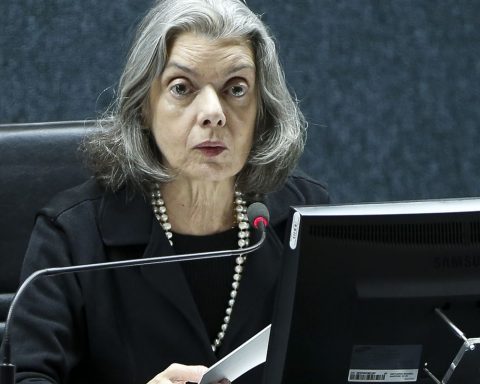The reluctance of the People’s Power Assembly made it impossible to know, this Tuesday, if several deputies approved, abstained or simply were not interested in the Expropriation Law. Before Esteban Lazo’s call to vote for the document, some of the participants kept their hands under the table and others ignored the president, answering his cell phones.
Lazo, without looking up too much to count the votes, dispensed with the “disobedient” and declared the law “unanimously approved”, to which the room applauded the result with the same disinterest.
The Law of Expropriation for Reasons of Public Utility or Social Interest It is part of the “legislative schedule” of the regime, a set of legal projects ratified at convenience by the deputies and which aspires to develop the contents of the 2019 Constitution.
The Government has been particularly discreet with this law and has avoided its publicity, although that has not prevented it from raising suspicions among Cubans and questions about the future implications of this mechanism in the context of the mass exodus that the country is experiencing.
According to the Minister of Finance and Prices, Meisi Bolaños Weiss, the new law aims to establish “the due guarantees, the form of compensation and other issues” related to the expropriation process in the interest of the State. She explained that the drafting commission – made up of various judicial and economic bodies and professors from the Law School of the University of Havana – had worked hard on the text, since it is a delicate issue.
The law, Bolaños explained, develops article 58 of the current Constitution, which postulates the “right to enjoy their property”, but warns that expropriation is practicable
The law, Bolaños explained, develops article 58 of the current Constitution, which postulates the “right to enjoy their property”, but warns that expropriation is practicable “for reasons of public utility or social interest and with due compensation.” The law now approved by Parliament “makes up for the absence of a rule as the only legal body to replace the expropriation entity.”
The minister informed that the expropriation is exclusive to a “competent court of justice” and with the guarantee of an “effective judicial protection”, and the citizen may demand, in case of wanting to challenge the decision, a document that proves the condition of asset of public interest owned by him.
On the right of the expropriated citizen to be compensated, Bolaños clarified that the amount will have to be determined “for the real value” in each case. The text also provides for “foreign investment protection.” In both cases –whether it is a national or a foreigner– the value of the compensation may not be affected by taxes or encumbrances of any kind.
Regarding the forced expropriation, Bolaños considers that it must still be “strengthened and updated to the new constitutional framework”, since there is still no law that offers guarantees of any kind if the State were to face a case of this type. “That law has not yet been enacted in the Cuban legal system,” lamented the minister, who insisted that the existing regulations –within the current Administrative Process Law– are “partial and insufficient.”
José Luis Toledo Santander, the deputy who presented the opinion of the Assembly on the Expropriation Law, recognized that “opinions that are often erratic (sic)” weigh on the text. He added that the document contains a history of expropriations in the country, although he did not mention the irregularities of this process in the 1960s, when Fidel Castro requisitioned multiple properties without proceeding to pay the due compensation.
Homero Acosta, secretary of the Assembly, was less conciliatory and referred to the law as a “guarantee” offered by the Government. After all, he blurted out, “today the State can expropriate without this law”
“Expropriation is an instrument and not an end in itself, because it is always based on a transformation of the expropriated property, be it physical (for example, land is expropriated to make a road or a highway) or legal (a property is nationalized). determined company in relation to the term public utility)”, Toledo theorized.
Regarding the appraisal of the property – essential to determine the amount of compensation – Toledo did not offer more details than those reported by Bolaños: it is the responsibility of a court and will depend on its criteria. He added that citizens have the right to reverse the expropriation if, three years after the sentence was issued, the State has not carried out the “expressed purposes” that justified the mechanism.
In the discussion, the deputies pointed out the most controversial points of the law, such as those that define the start period of the expropriation. By the way, the deputy Ana Teresa Igarza brought up situations that have occurred in the Mariel Special Development Zone, in which negotiations have been carried out with the owners of expropriated land and “they have agreed” so that the State goes to the land once it has been abandoned by its owners. “The fundamental thing is to seek agreements between the parties, so that the people supposedly affected have guarantees,” she said.
Homero Acosta, secretary of the Assembly, was less conciliatory and referred to the law as a “guarantee” offered by the Government. After all, he blurted out, “today the State can expropriate without this law.” Acosta was upset by the “much misrepresentation” that has fallen on the norm. “People say that the communists want to end private property, but that’s not the case,” he settled, before declaring that Cubans should feel “proud” of the benevolence of that law.
________________________
Collaborate with our work:
The team of 14ymedio He is committed to doing serious journalism that reflects the reality of deep Cuba. Thank you for accompanying us on this long road. We invite you to continue supporting us, but this time becoming a member of our newspaper. Together we can continue transforming journalism in Cuba.
